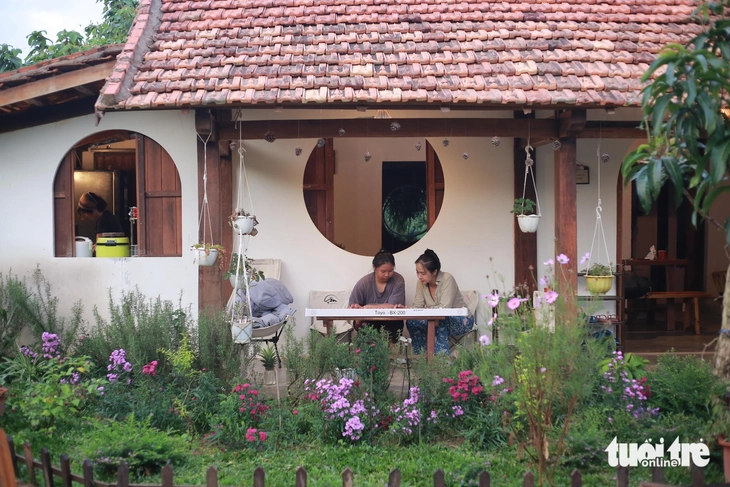
An organic agricultural farm welcomes tourists in the direction of connecting with nature and healing in Don Duong, Lam Dong - Photo: CT
That was the main issue of the discussion "Agricultural tourism real estate: A rising future" held in Ho Chi Minh City on August 19, organized by Lagi City Land Joint Stock Company in collaboration with agricultural tourism strategist Pham Thanh Tung.
The market is not bad but still fails
Many experts attending the discussion shared the same definition, farmstay is associated with agricultural experiences and rural life. Homestay emphasizes cultural experiences and indigenous life. Glamping focuses on luxury resorts in the middle of nature. Meanwhile, ecolodge focuses on accommodation combined with conservation, education and sustainable development.
Land management engineer and real estate legal expert Nguyen Tuan said he has witnessed many investors in resort and agricultural tourism fail. The problem is that failure does not come because of a bad market.
They fail because of lack of basic knowledge and strategic planning. Many people do not clearly distinguish between farmstay, homestay, glamping or ecolodge, leading to scattered investment, waste and lost opportunities.
The author of the book "Analyzing pitfalls when buying houses and land" believes that now is the golden time to develop economic models on agricultural land.
The reason is that in the past, many ideas were held back because the legal framework still had many barriers. In fact, there were many periods when policies were tightened, making it difficult for people to exploit the full potential of their own land.
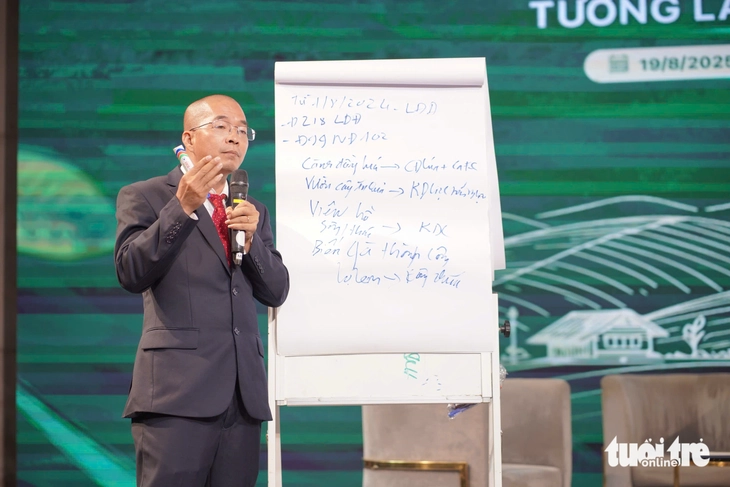
Land management engineer, real estate legal expert Nguyen Tuan - Photo: CT
However, the new Land Law has just been issued, many barriers have been removed. This opens a new door for each citizen to exploit fields and gardens, develop tourism and economic models associated with agricultural land in a legal and sustainable manner.
Article 218 of the Land Law allows agricultural land to be used for multiple purposes, from production, livestock farming to trade, services and tourism. In addition, Article 99 of Decree 102/CP provides detailed instructions on how to implement the regulations, ensuring that people and businesses can comply with the regulations, avoiding ambiguity or legal entanglements as before.
"That means that every household and every farmer has the opportunity to participate in this transformation. When the policy is supportive and the law is open, our responsibility is to do the right model and plan the right strategy to turn opportunities into real value for the community and the country," Mr. Tuan added.
Agricultural tourism will enhance Vietnam's brand
Mr. Pham Thanh Tung, planner and initiator of the farmstay strategy model in Vietnam, expressed his belief that agricultural tourism is a new pillar that can elevate the Vietnamese brand on the world map.
Vietnam has a long tradition of agriculture, fertile land, favorable climate and the most diverse ecosystem in the world. This is the foundation for developing agricultural tourism. Each specialty product, each farmstay or ecolodge can become a "cultural ambassador", introducing Vietnamese identity to international friends.
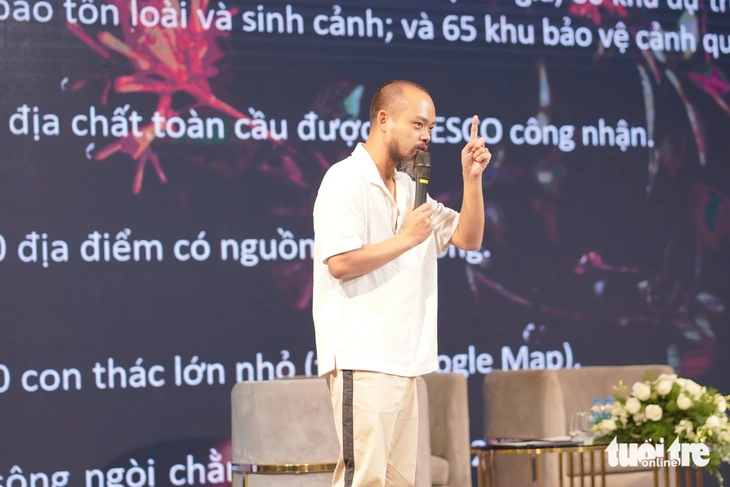
Architect who initiated the farmstay strategy model Pham Thanh Tung - Photo: CT
Vietnam currently has nearly 28 million hectares of agricultural land, stretching from mountainous, midland, delta to coastal areas.
Every piece of land, every house, every way of life and work carries within it a story, a unique cultural value.
Mr. Tung said: "This is not only the property of each household, but also a priceless national resource if exploited in the right direction."
Mr. Tung sees the "green future" as a new model appearing on agricultural land. There are farmstays and homestays associated with green farming. Craft villages combined with tourism experiences, medicinal herb conservation areas, organic farms. This is also a type of experiential education service for children, health tourism combined with natural therapy.
However, in order not to lose this golden opportunity, Mr. Tung said that common mistakes must be avoided. Following trends, massive construction without taking into account local advantages. Concreting fields, destroying ecological landscapes.
Somewhere, agritourism is seen as a mere commercial ploy rather than a product that is connected to the community. What is important is that development must be based on a sustainable foundation, preserving land, culture and living environment for the long-term benefit of farmers, tourists and the whole country.
Source: https://tuoitre.vn/vi-sao-nhieu-nguoi-dau-tu-homestay-farmstay-that-bai-chong-vanh-20250819145343618.htm



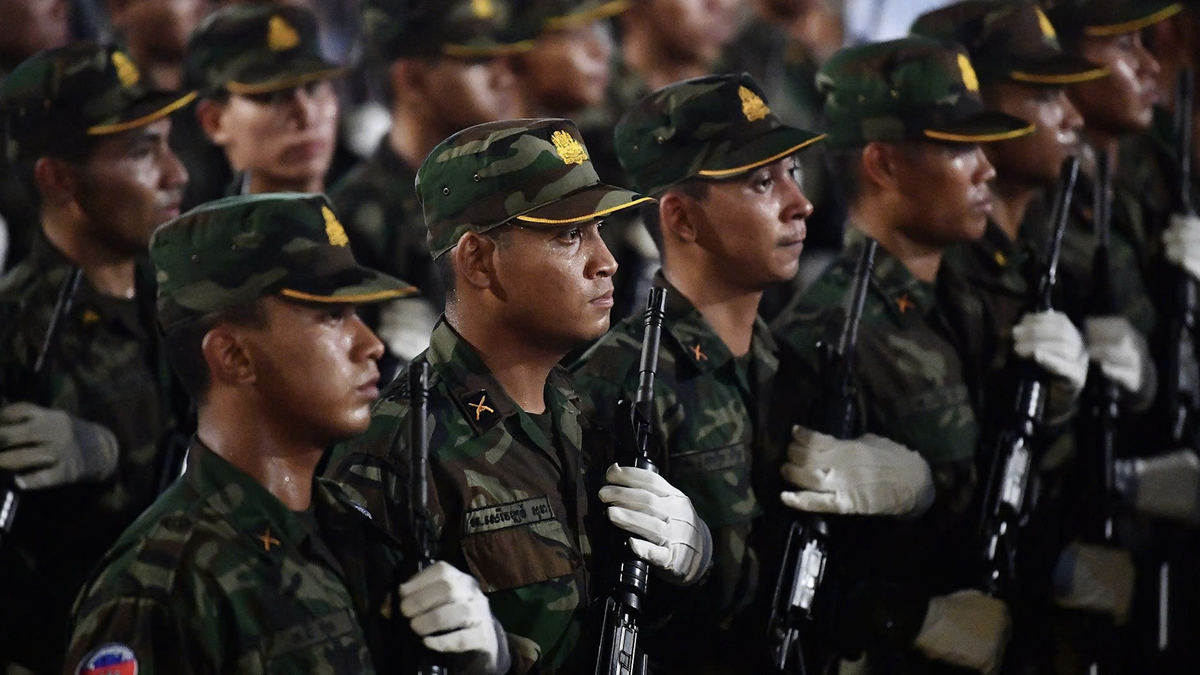
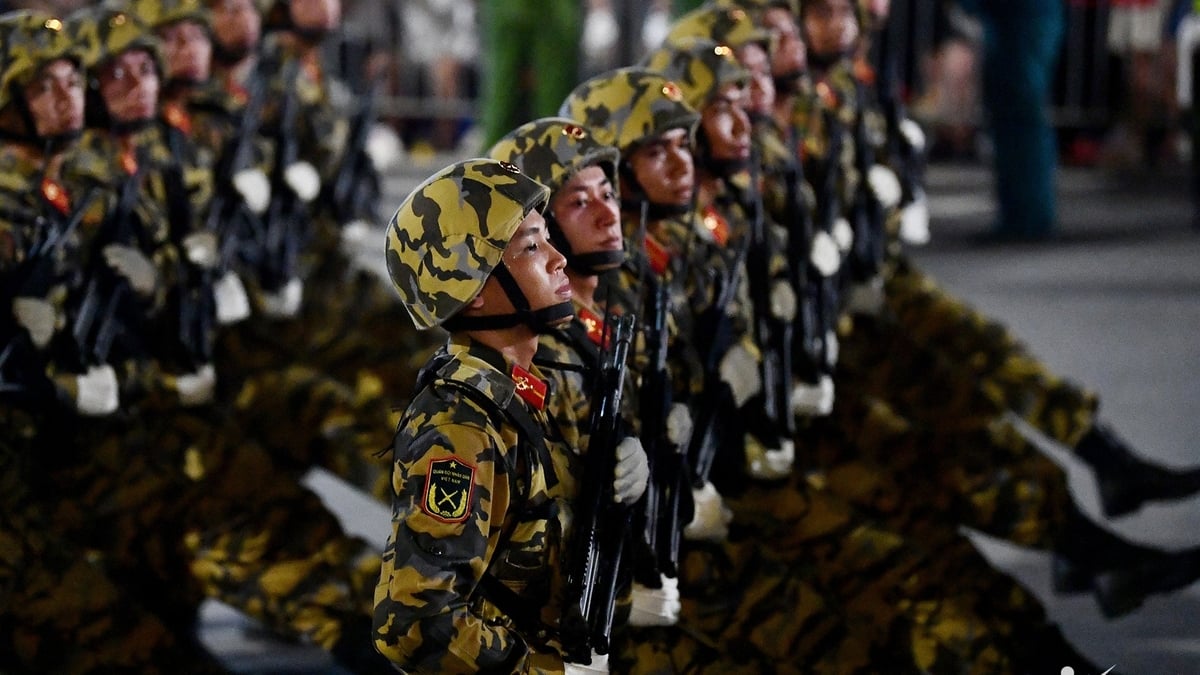
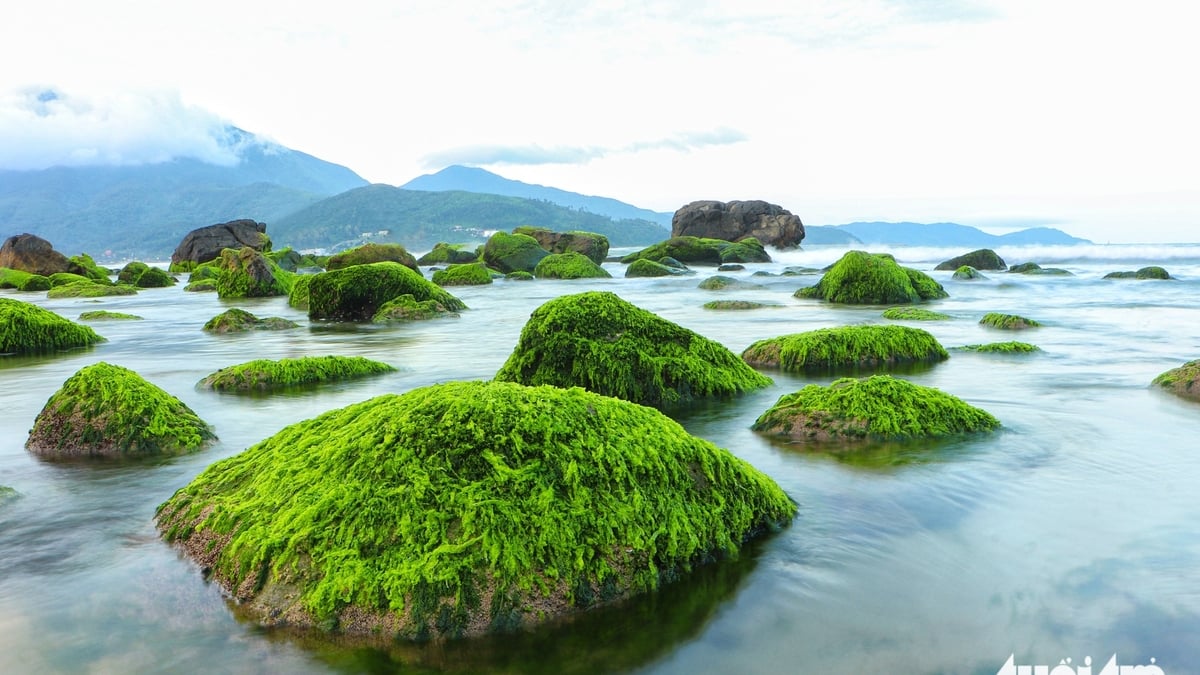
![[Photo] Images of the State-level preliminary rehearsal of the military parade at Ba Dinh Square](https://vphoto.vietnam.vn/thumb/1200x675/vietnam/resource/IMAGE/2025/8/27/807e4479c81f408ca16b916ba381b667)


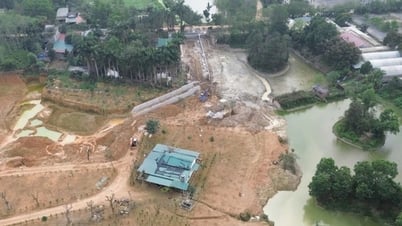

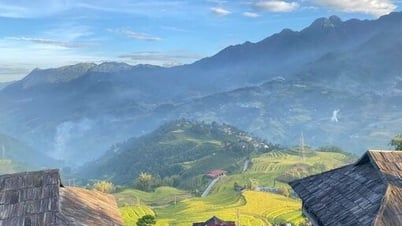

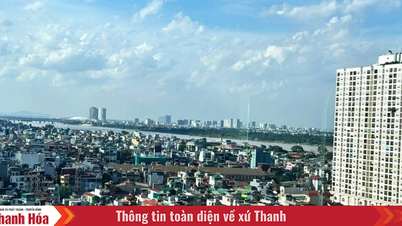

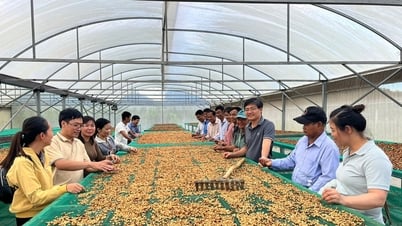

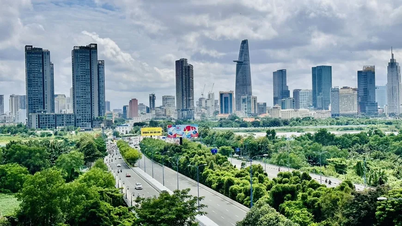




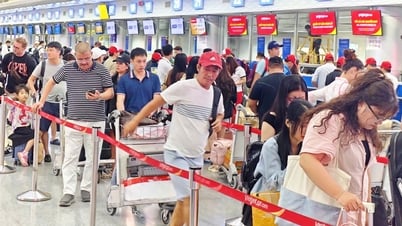
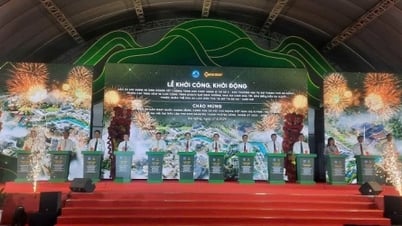

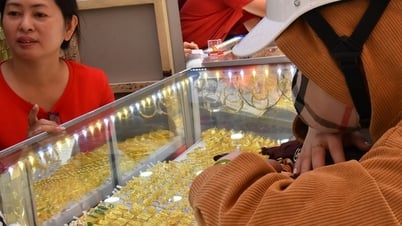

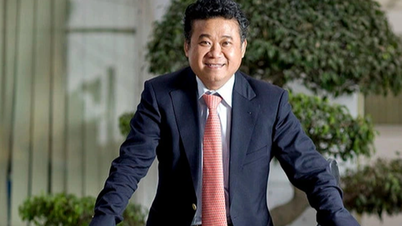






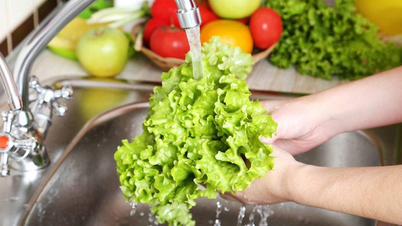
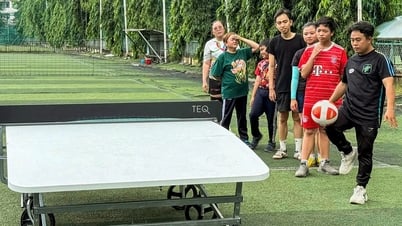



![[Photo] Parade blocks pass through Hang Khay-Trang Tien during the preliminary rehearsal](https://vphoto.vietnam.vn/thumb/1200x675/vietnam/resource/IMAGE/2025/8/27/456962fff72d40269327ac1d01426969)




















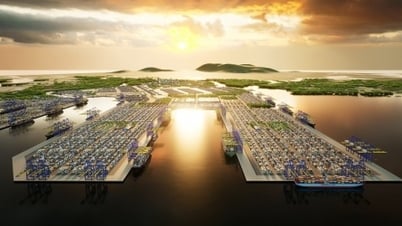



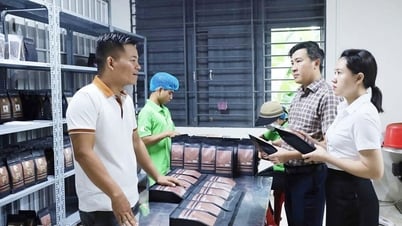









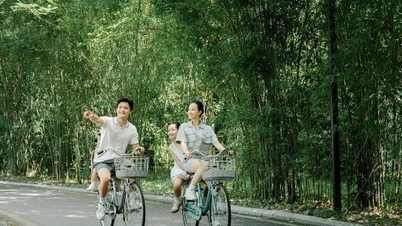

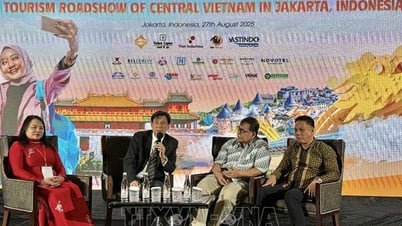

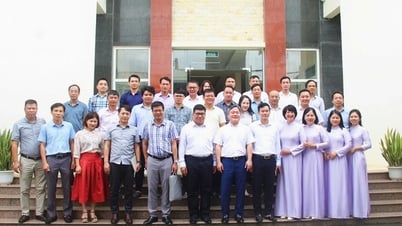

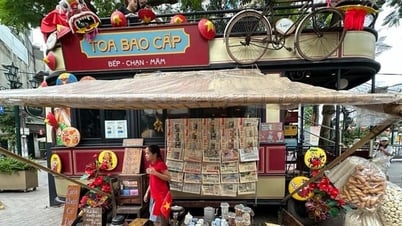
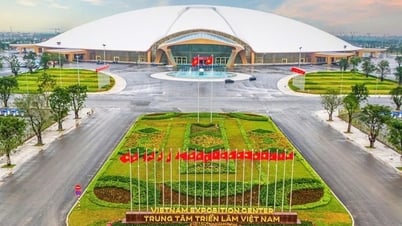


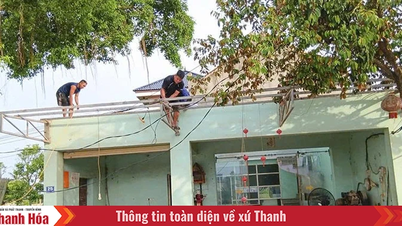
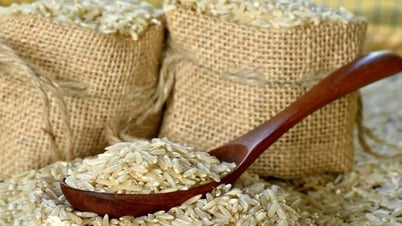

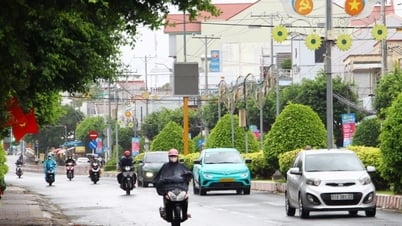



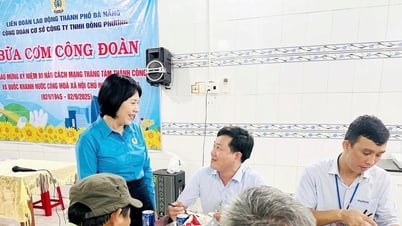
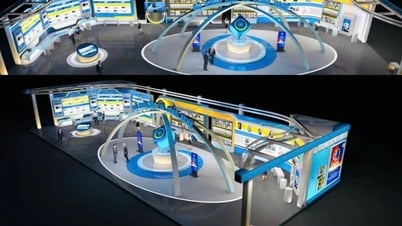










Comment (0)